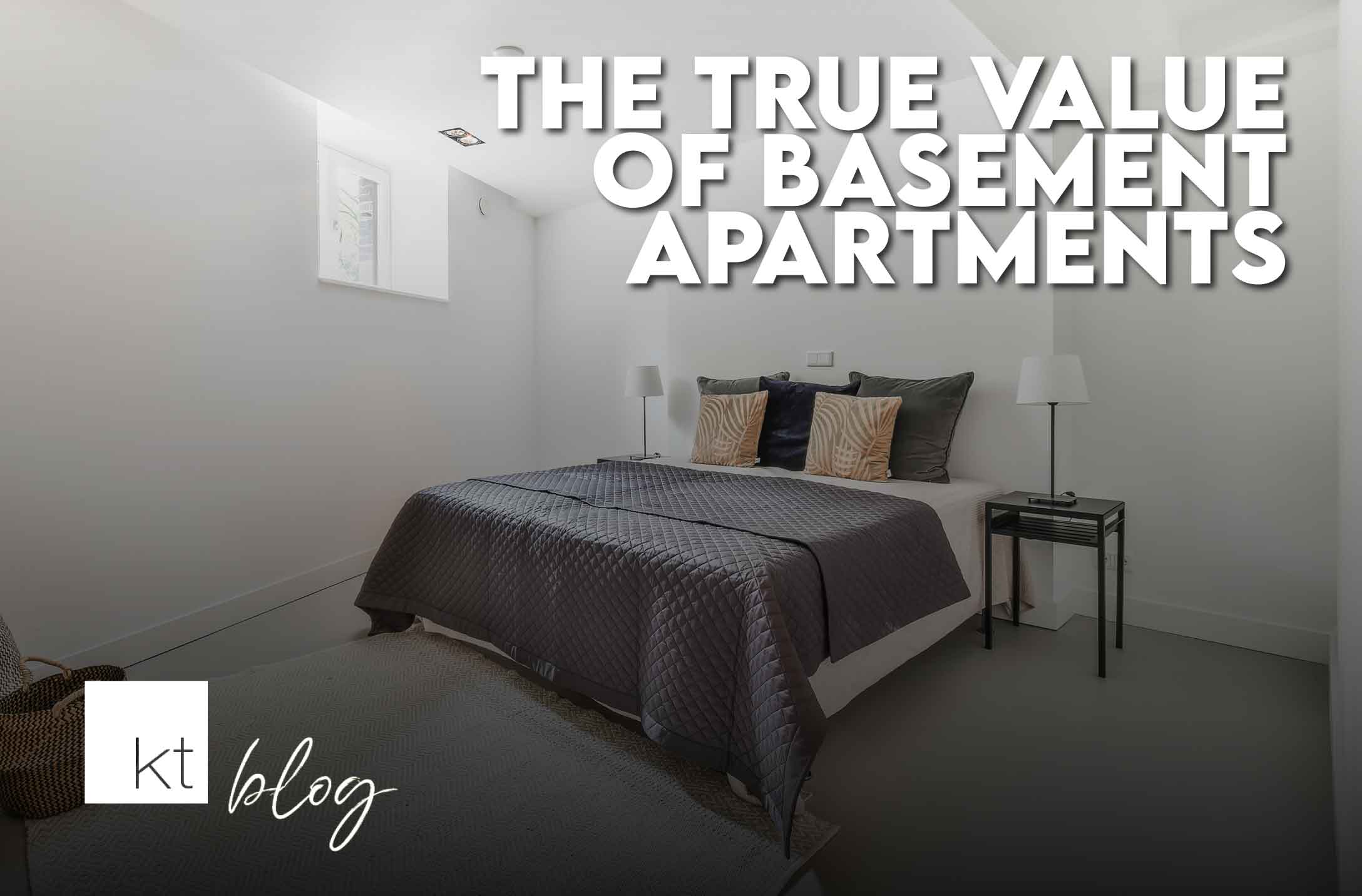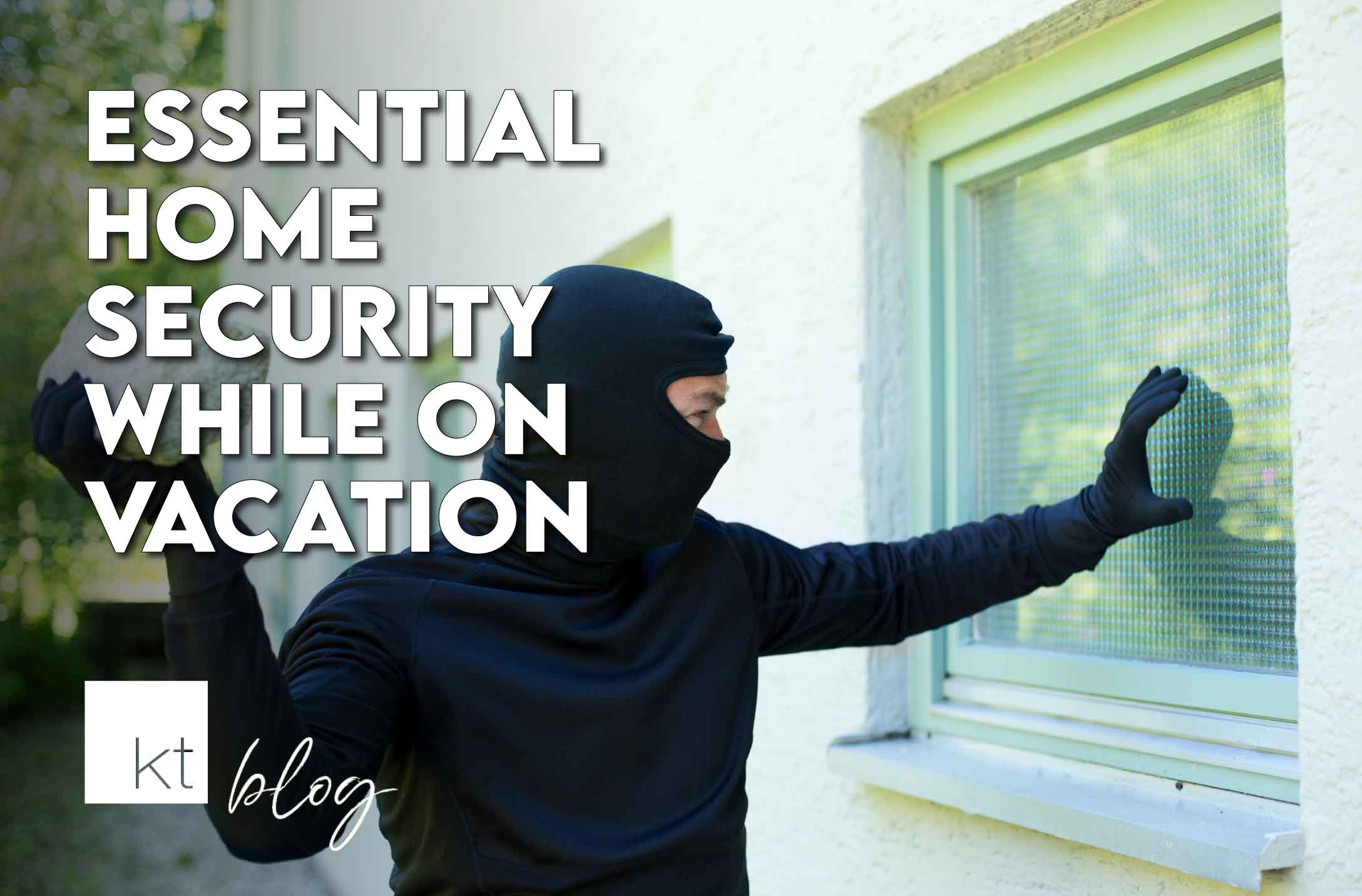Should You Pull Permits for Your Basement Apartment Renovation?
Legal and permitted—two words you rarely hear in relation to basement apartments. In an out-of-control rental market, basement apartments are gaining traction as an affordable option. But are they worth it? Keep reading to discover the reality of living in or renting a basement apartment.
Even though municipalities and insurance companies are cracking down on the practice, there are still many illegal basement apartments.
To be deemed a legal basement apartment, it must meet the requirements set out by the Ontario Building Code, the Ontario Fire Code, and local municipal zoning by-laws. There must be a separate kitchen and bathroom and separate entrances, among many other requirements.
How to Determine if a Basement is Legal
Each municipality has unique by-laws and requirements to warrant a basement as a legal apartment, and many require them to be registered with the Town as a rental, so the first thing you should do is contact your local municipality to find out if permits were pulled and if the house has a registered legal apartment.
Apart from that, some tell-tail signs that a basement is NOT legal include:
- No Separate Entrance –Entrances from inside a garage generally do not qualify
- Average sized windows –Egress windows are BIG. The average person can crawl out of it with ease
- Finished utility rooms –Many municipalities require that the walls and ceiling of a mechanical room with the furnace and other equipment to be finished. The finished surfaces with insulation and drywall create separation, which slow the spread of fire, adding further safety to occupants
- Clear ceiling height –Basement apartments have required ceiling heights. If you find yourself ducking to get around, it’s likely it’s not legal
- Parking –Municipalities impose parking requirements, which vary from one to the next, so if a house only has one parking space, it would be worth investigating further
Safety Concerns with Basement Apartments
Illegal basement apartments can create dangerous conditions for tenants if they lack proper safety measures, such as adequate egress, ventilation, and fire separation.
In the past few years, there have been several basement fires, including one that took the life of a woman in Hamilton.
It’s not uncommon to see illegal basement properties listed on MLS with a disclaimer from the realtor stating, “Listing agent does not guarantee the retrofit status of the basement.” All this means is that this basement is not legal or permitted. For the owner, there can be significant legal and financial implications, and tenants could face eviction. Even real estate agents have been liable because these clauses don’t hold up in court. If you’re in the market for a basement apartment, find out if it’s legal.
Is It Worth Renting Out My Basement?
Would you rent your basement to help pay the mortgage and other expenses? Since 2022, the Ontario government has changed legislation to allow up to three units on a single residential property as long as requirements are met. This added source of revenue often far outweighs the cost of renovations and construction.
Go to 10:47 in the podcast to get Adrian’s estimate of how much it would cost to convert a 1,000-square-foot basement into a two-bedroom, one-bathroom apartment with laundry that you could rent for $2,000 a month and how it would impact your mortgage.
The basement is typically the space that is poorly renovated in a home. Poor design and poor construction are common. If you’re remodelling a basement, especially if you plan on renting it out, spend the money and get professionals to do the job properly.





